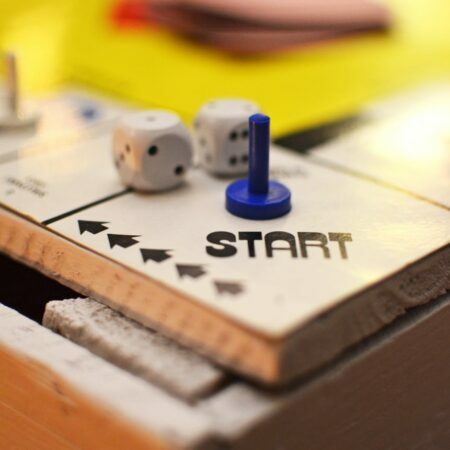If you have an elderly family member in a nursing home, you might not be able to visit as often as you’d like. But there are still ways to check in on your loved one and make sure they’re being treated well. Here are some physical, financial, social, and emotional signs of nursing home abuse. Keep reading to learn more, and be sure to find the best nursing home abuse attorney from Walner Law, for example, if you suspect abuse in order to get the justice that you and your family members deserve.
The Physical Signs

There are many physical signs that can indicate that a loved one is being abused in a nursing home. Bruises, cuts, and burns are some of the most common indicators, but there are many other signs to watch for as well. One key physical sign of abuse is dehydration in elderly individuals. This can be indicated by a rapid heart rate, sunken eyes, and a lack of urine output. Elderly patients who are being abused may also become malnourished, and their weight may drop significantly. They may also experience hair loss, skin rashes, and changes in skin color.
The Financial Signs
Nursing home abuse often goes undetected due to the subtle nature of its signs. Nevertheless, there are certain financial signs that may suggest that elder abuse is taking place. For example, sudden changes in the victim’s bank account or credit score may be indicative of financial exploitation. Likewise, large or unexplained withdrawals from the victim’s account, discrepancies between the victim’s bank statements and actual spending, and sudden unpaid bills may be signs of elder abuse. If you suspect that your loved one is being abused in a nursing home, it is important to take action. You can start by contacting the National Adult Protective Services Association (NAPSA) for help. NAPSA can provide you with a list of local resources and help you file a report with the appropriate authorities. Finding a nursing home abuse attorney is also necessary.
The Social Signs

There are many social signs of nursing home abuse that can indicate that a loved one is being mistreated while living in a nursing home. One common sign of nursing home abuse is a lack of social interaction. If your loved one used to be very social, but is now withdrawn and doesn’t want to interact with others, this could be a sign that they are being abused. Additionally, if your loved one starts to avoid their usual activities, this could be another sign that they are being abused.
The Emotional Signs
When it comes to the psychological signs of nursing home abuse, there are many different things to look out for. One of the most important things to remember is that abuse is not always physical. There can be psychological abuse as well, which can be just as damaging – if not more so – to the victim. If you are concerned that your loved one is being abused in a nursing home, here are some of the psychological signs to look out for:
- Depression: One of the most common psychological signs of elder abuse is depression. Victims may become withdrawn, lose interest in things they used to enjoy or seem hopeless and apathetic.
- Anxiety: Victims of elder abuse may also experience anxiety and fear. They may become jumpy or easily startled, have trouble sleeping, or become agitated easily.
- Confusion: Victims of abuse may also experience confusion and a sense of disorientation. They may not know where they are or who they are with and may have trouble remembering things.
- Anger: Victims of abuse may become angry and hostile. They may lash out at caregivers or other residents, or seem irritable and angry all the time.
The physical, financial, social, and emotional signs of nursing home abuse are all important in order to ensure that the elderly are being taken care of properly and are not being abused. Altogether, these signs can provide a more complete picture of the situation and can help to ensure that the elderly are safe and being taken care of.









